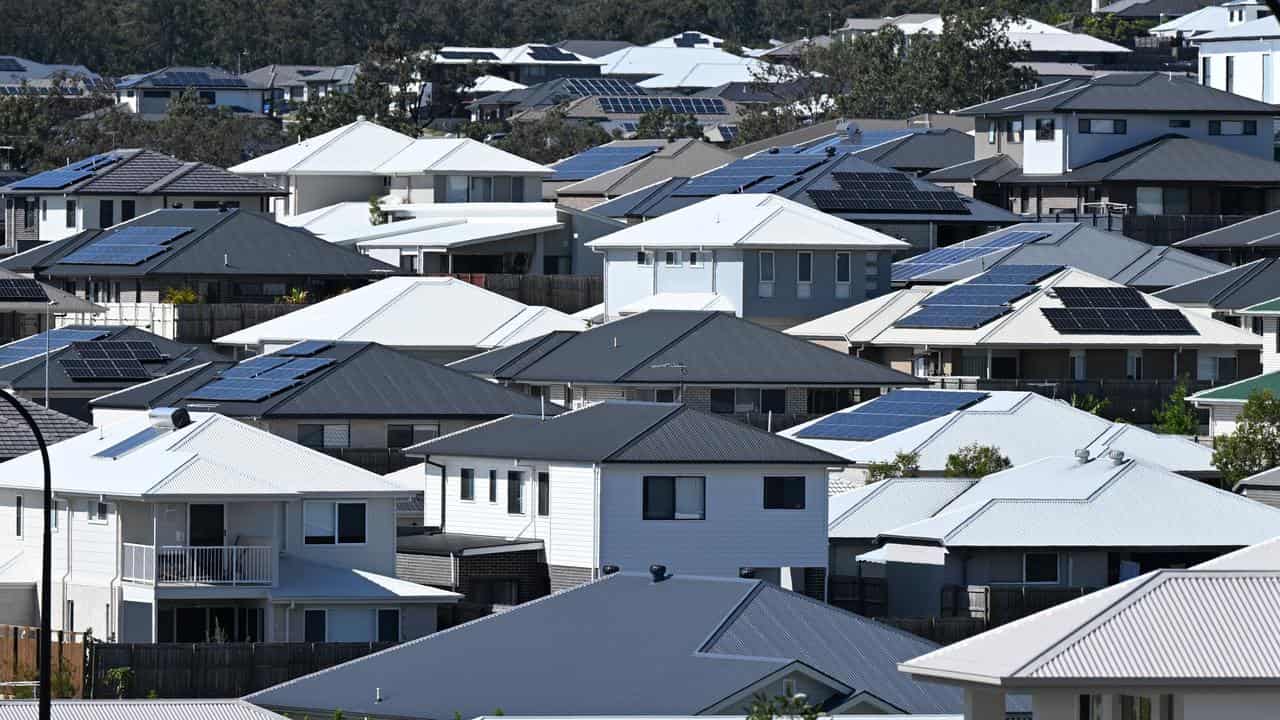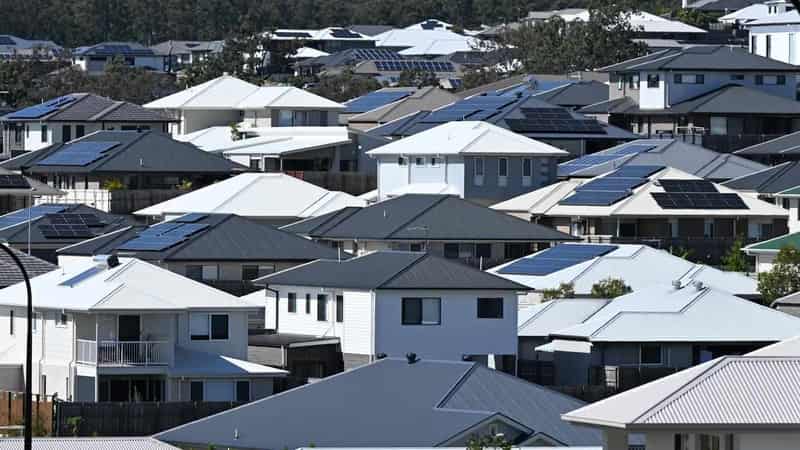
Evidence is mounting of households struggling with higher interest rates as the Reserve Bank considers its next move.
The central bank board is widely expected to stay on hold when it meets on Tuesday afternoon for its September cash rate call.
After lifting interest rates 12 times since May last year to tackle surging inflation, the central bank has left the cash rate unchanged on 4.1 per cent for two months in a row.
A survey of 38 experts and economists by comparison site Finder found all but one expected the central bank to do nothing in September.
Commonwealth Bank economist Belinda Allen was firmly in the pause camp.
"We do not view the meeting as a line ball call, unlike the finely balanced decisions in July and August," Ms Allen wrote in a client note.
While Ms Allen predicted the RBA would likely walk through the case for a hike and keep its reference to possible more tightening if needed, she said there was no catalyst for a September rise in the latest data.
Inflation moderated convincingly in the monthly numbers and employment and wages data was on the softer side.
"The relative lack of data on services prices in the month of July, the main area of concern for the RBA, will likely keep them on high alert," Ms Allen said.
Even with the end of the tightening cycle in sight, stress levels among mortgage holders are still rising as the interest rate hikes take effect.
A Canstar survey found 28 per cent of borrowers were living beyond their means and another 32 per cent were uneasy about their personal finances.
Canstar finance expert Steve Mickenbecker said cracks were starting to appear.
"With lenders reporting higher 30-day arrears in loan repayments and, with close to one-third of borrowers reporting that they are living beyond their means, the problems are only just starting," he said.
Despite pressure on borrowers, renters are more likely to be feeling stretched, with nearly half reporting uneasiness about their finances.
Household spending has also taken a hit, reflecting growing financial pressures, with Australian Bureau of Statistics figures revealing a slowdown in consumption.
The household spending indicator fell 0.7 per cent compared to July last year, marking the first decline since February 2021.
The bureau also released business indicator data, which has implications for the economic growth report due later in the week.
Both profits and inventories undershot forecasts, with company profits plummeting 13 per cent over the quarter.
Inventories fell a notable 1.9 per cent, pointing to a softer-than-expected GDP result in the national accounts on Wednesday.
While there were a couple more pieces of data to come that feed into GDP forecasts, ANZ economist Adam Boyton said growth could come in lower than its forecasts for a 0.2 per cent quarterly increase.
"Indeed, we wouldn’t rule out the possibility of a (small) negative print," he said.
Treasurer Jim Chalmers said the national accounts would likely show the influence of an uncertain global environment and higher interest rates at work.
"We are making welcome progress in the fight against inflation, but we know that people are still under pressure," he told parliament on Monday.
"Higher interest rates are putting people under pressure and slowing our economy substantially."









